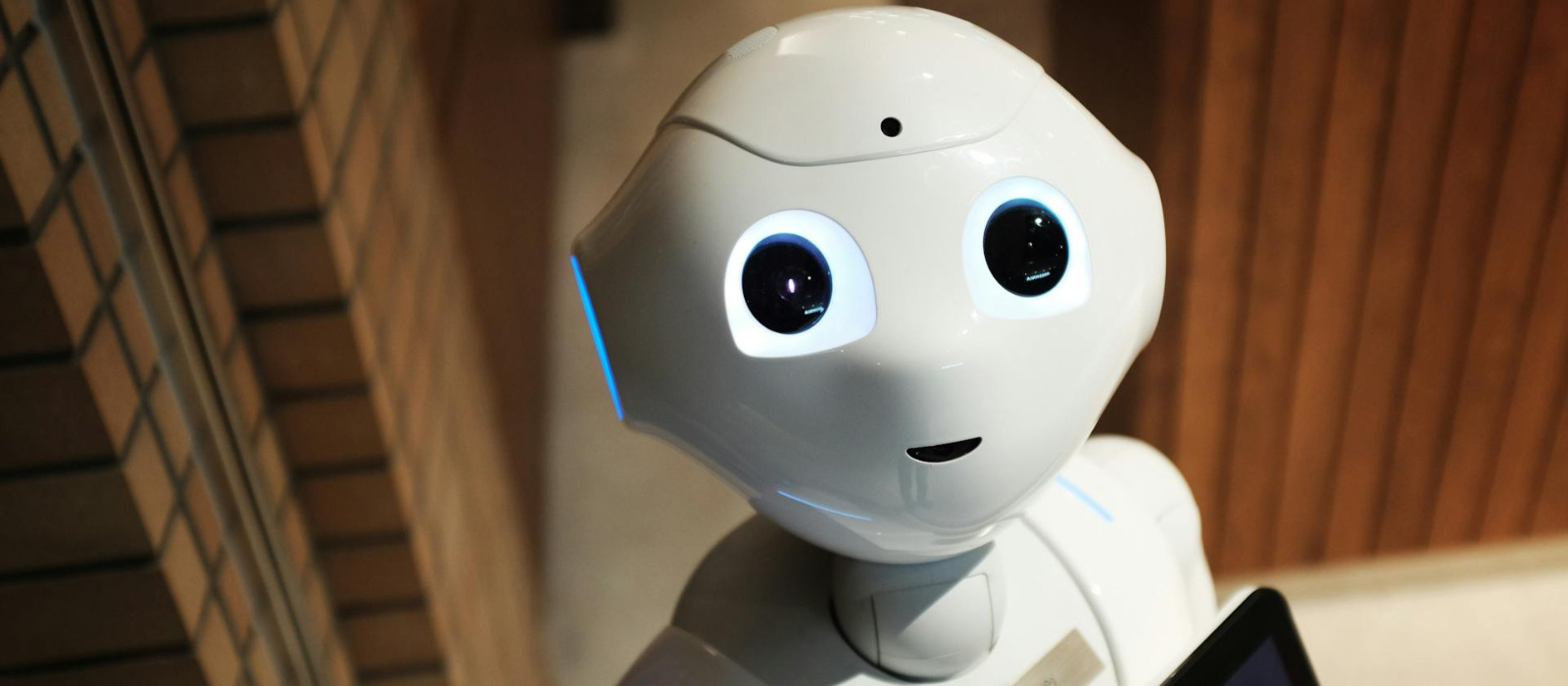Imagine that while you were kids you were asked to write a page about yourself for an essay competition in class. So you go home, spend hours writing a perfect piece, pouring your soul into each and every word – so that it looks best! The next morning the teacher enters the class in an apathetic way. She points at a machine settled on top of her desk and says, “You may all submit your essays to this little scanner right here. It will select the top 10 best essays it finds suitable. From which I will select the winner.” With that said, she goes back to doing some other work which she thinks is more productive for her. You realize that you are about to be judged by a machine. How do you feel about it?
Nostalgia
Remember those days when recruiters used a pad of paper, a connected (not wireless) telephone – placed in between blocks of candidate CVs? Then we had the jobseekers going through newspaper ads and advertisements on the streets stuck to the windows of the businesses, the walls between alleys and the trees beside the streets. How all the recruiters and jobseekers spent hours on the phone and meeting face-to-face – getting to know each other? All this is slowly starting to fade away, in our process of making recruitment more effective and efficient.
We wanted a solution to the recruitment process that was a developing obstacle to a recruiter’s productivity. Hence automation was the solution to it all, irrespective of whether the problem was in recruitment or in another sector.
Coming back to our present
So why did we not look at any other solution besides sticking to this for all these years? According to Michael Michalko, a highly acclaimed creativity expert in the world and a bestselling author “Once we settle on an initial perspective we don’t seek alternative ways of looking at the problem. Like our first impressions of people, our initial perspective on problems and situations are apt to be narrow and superficial. We see no more than we expect to see based on our past experiences in life, education and work”.
Recruiters have lost their purpose to exist with bringing in automation in a simple screening of résumé. Candidates are being judged based on a bunch of key words, pre-programmed in the so called Applicant Tracking System - commonly known as ATS.
According to Capterra, last year about 75% of recruiters and HR professionals used some kind of an ATS. On the other hand according to businessnewsdaily.com, 80% of the candidates find online job searching and online job applications stressful.

Companies buy HR tools today for their functionality and ability to reduce workload. But is this the only way applicable?

In the process of making our work environment much easier, we have turned it into balking workers producing platform. There is probably no means to stop this from happening in future, because by then we’ll probably have depreciated our creative thinking capacity to a whole new level below. Those who are still capable of thinking more than the others would become entrepreneurs - programming another machine into the system.
The inevitable
Gradually in the future, as early adopters witness increased productivity and profitability, more companies will buy HR tools for their analytical prowess. So why not give the inevitable a much more equitable touch?
A data-driven application; coupling individual candidate information with real-time work related data, enabling recruiters with the ability to make science-based decision on hiring and reducing labor costs. The new approach could be topped with new solutions - combining the fields of industrial/organization psychology and big data; which are on the horizon . These vendors build tools to collect candidate information from social media, peer assessments, and behavioral data and run the streamlined data through models based on years of psychology research. It means they are helping companies make data-driven decisions to assess a candidate’s personality and cultural fit.
It makes more sense to hasten this adoption process so companies don’t lose great candidates merely because a tool filtered their résumés based on preset keywords without analyzing their work experience, personality profiles and cultural fit; Because in the end,
Posted in : Talent Acquisition
Views : 40072
Leave a Comment
Hey there !
Author Details
Related Blogs
Popular Tags
Subscribe Now









